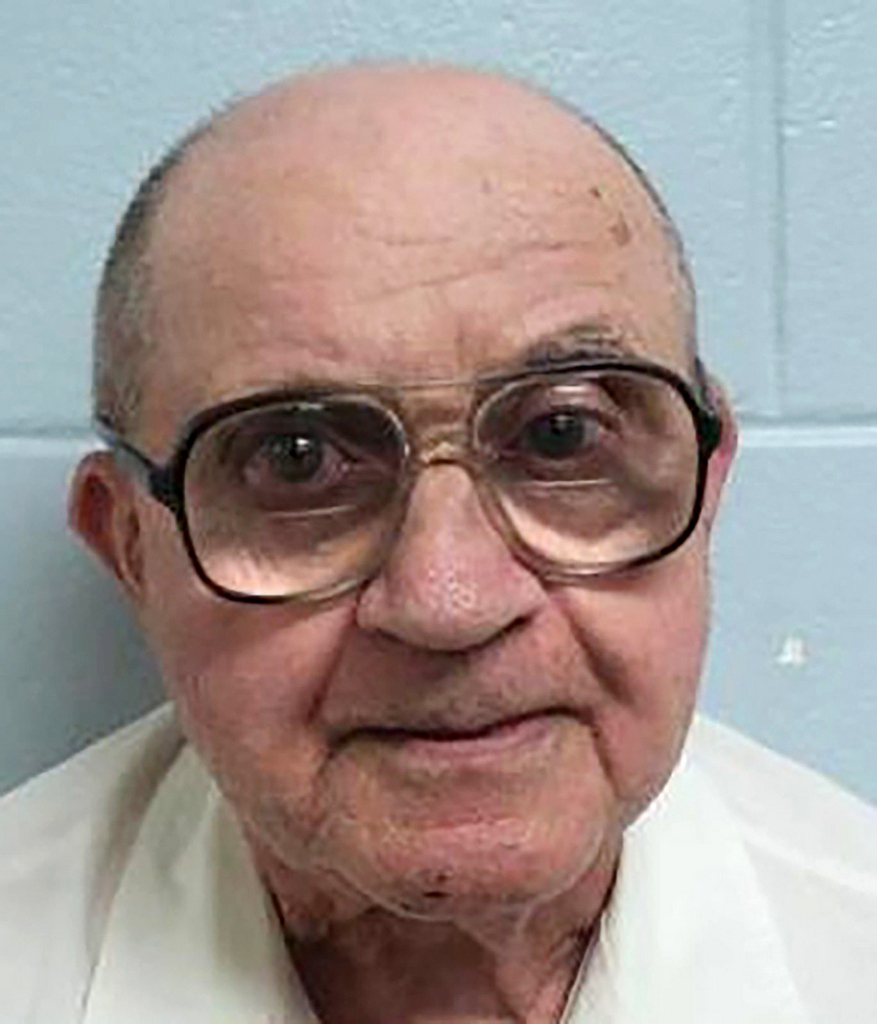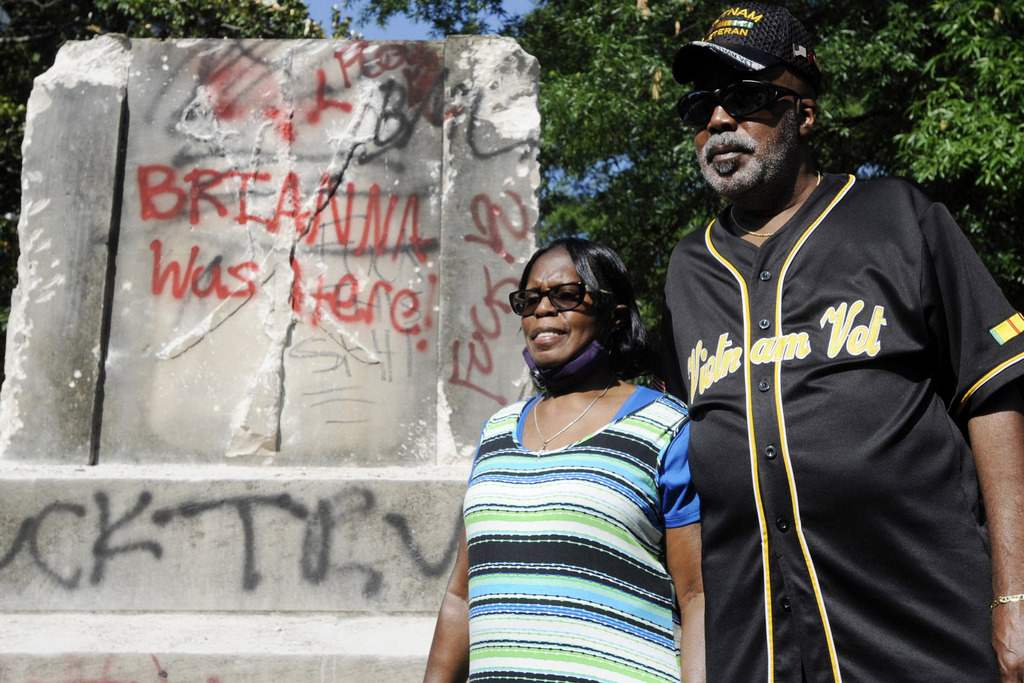[ad_1]
By The Associated Press
Thomas Edwin Blanton Jr., the last of three one-time Ku Klux Klansmen convicted in a 1963 Alabama church bombing that killed four Black girls and was the deadliest single attack of the civil rights movement, died June 26 in prison, officials said. He was 82.
Gov. Kay Ivey’s office said Blanton died of natural causes. He was being held at Donaldson prison near Birmingham, prison officials said.

In May 2001, Blanton was convicted of murder and sentenced to life in prison for the bombing of the 16th Street Baptist Church in Birmingham. Ivey, in a statement, called the bombing “a dark day that will never be forgotten in both Alabama’s history and that of our nation.”
When asked by the judge during sentencing if he had any comment, Blanton said: “I guess the good Lord will settle it on judgment day.”
Sen. Doug Jones, who prosecuted Blanton, said the fact that Blanton remained free for almost 40 years after the bombing “speaks to a broader systemic failure to hold him and his accomplices accountable.”
“That he died at this moment, when the country is trying to reconcile the multi-generational failure to end systemic racism, seems fitting,” Jones said in a statement.
The church bombing, exposing the depths of hatred by White supremacists as Birmingham integrated its public schools, was a tipping point of the Civil Rights Movement. Moderates could no longer remain silent and the fight to topple segregation laws gained new momentum.
The investigation into the bombing was stalled early and left dormant for long stretches, but two other ex-Klansmen, Robert Chambliss and Bobby Frank Cherry, also were convicted in the bombing in separate trials. Chambliss was convicted in 1977 and died in prison in 1985. Cherry was convicted in 2002 and died in prison in 2004.

On Sept. 15, 1963, a bomb ripped through an exterior wall of the brick church, killing four girls who were inside preparing for a youth program. The bodies of Denise McNair, 11, and Addie Mae Collins, Cynthia Wesley and Carole Robertson, all 14, were found in the downstairs lounge.
Collins’ sister, Sarah Collins Rudolph, survived the blast but lost her right eye and is known as the “fifth little girl.” Glass fragments remained in her chest, left eye and abdomen for decades after the explosion.
A parole hearing was scheduled next year for Blanton, and Rudolph and her husband planned to attend in opposition to his release, which was denied during a previous hearing.
“She hopes that he found Jesus Christ and repented,” George Rudolph said on behalf of his wife.
Lisa McNair, the sister of Denise McNair, said she also hoped Blanton had repented and added: “I wish I could have sat down with him to find out if he had had a change of heart.”
Blanton never admitted any role in the blast, but evidence showed he was part of a group of hard-core Klansmen who made a bomb and planted it on a Sunday morning.
During the trial, then-U.S. Attorney Jones, appointed as a special state prosecutor, said Blanton acted in response to months of civil rights demonstrations. The targeted church was a rallying point for protesters.
“Tom Blanton saw change and didn’t like it,” Jones said in the trial.
Blanton proclaimed his innocence years after being sent to prison. In a 2006 interview with Birmingham station WBRC-TV, he claimed the government used trumped-up evidence and lies to gain his conviction.
“I think I was cleverly set up by the government … and that’s why I’m here,” Blanton told the television station from prison. “I’m sorry it happened. Deeply sorry. But I’m not responsible for it.”
A 1993 meeting in Birmingham between FBI officials and Black ministers led to the reopening of the bombing case against Blanton and Cherry. The investigation remained quiet until 1997 when agents went to Texas to talk to Cherry.
A decade earlier, the U.S. Justice Department concluded that former FBI Director J. Edgar Hoover had blocked prosecution of Klansmen in the bombing.
____
Associated Press writer Daniel Yee in Atlanta contributed to this report.
[ad_2]
Source link

